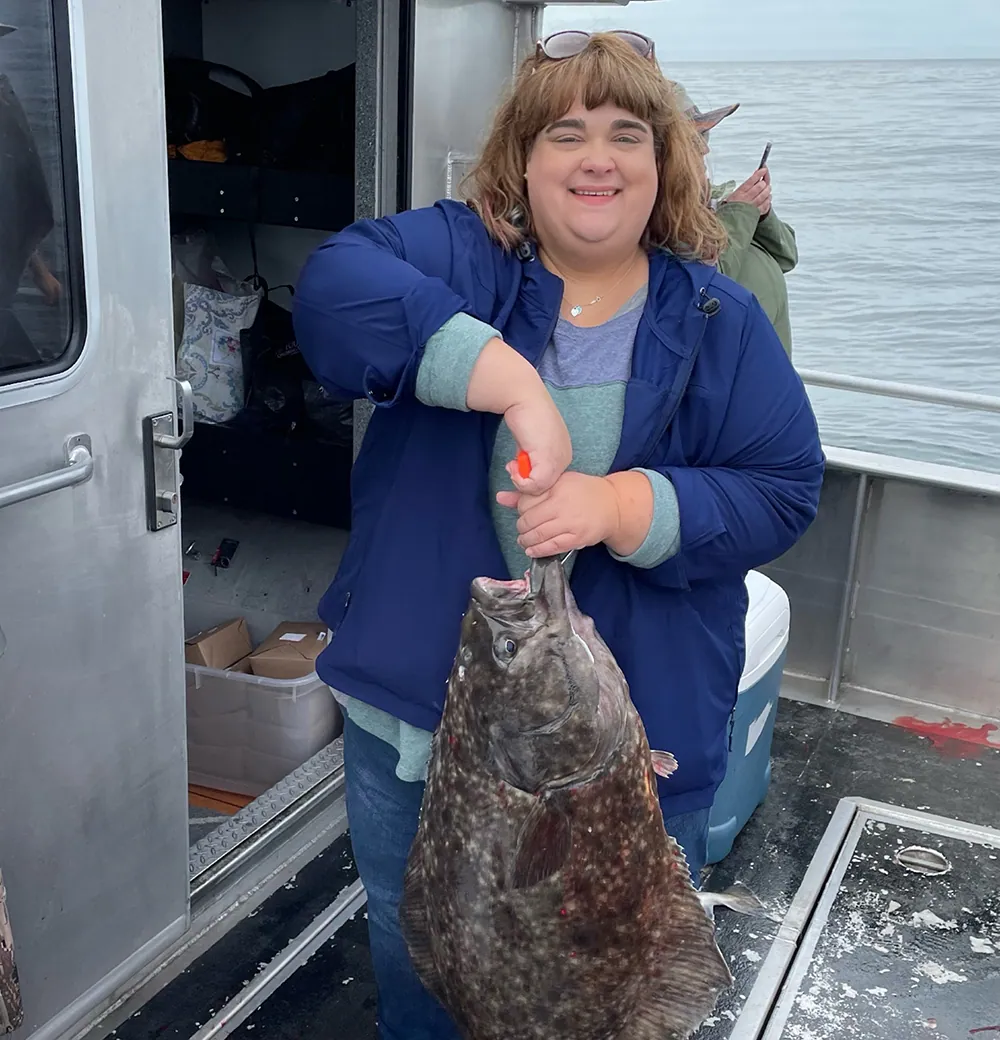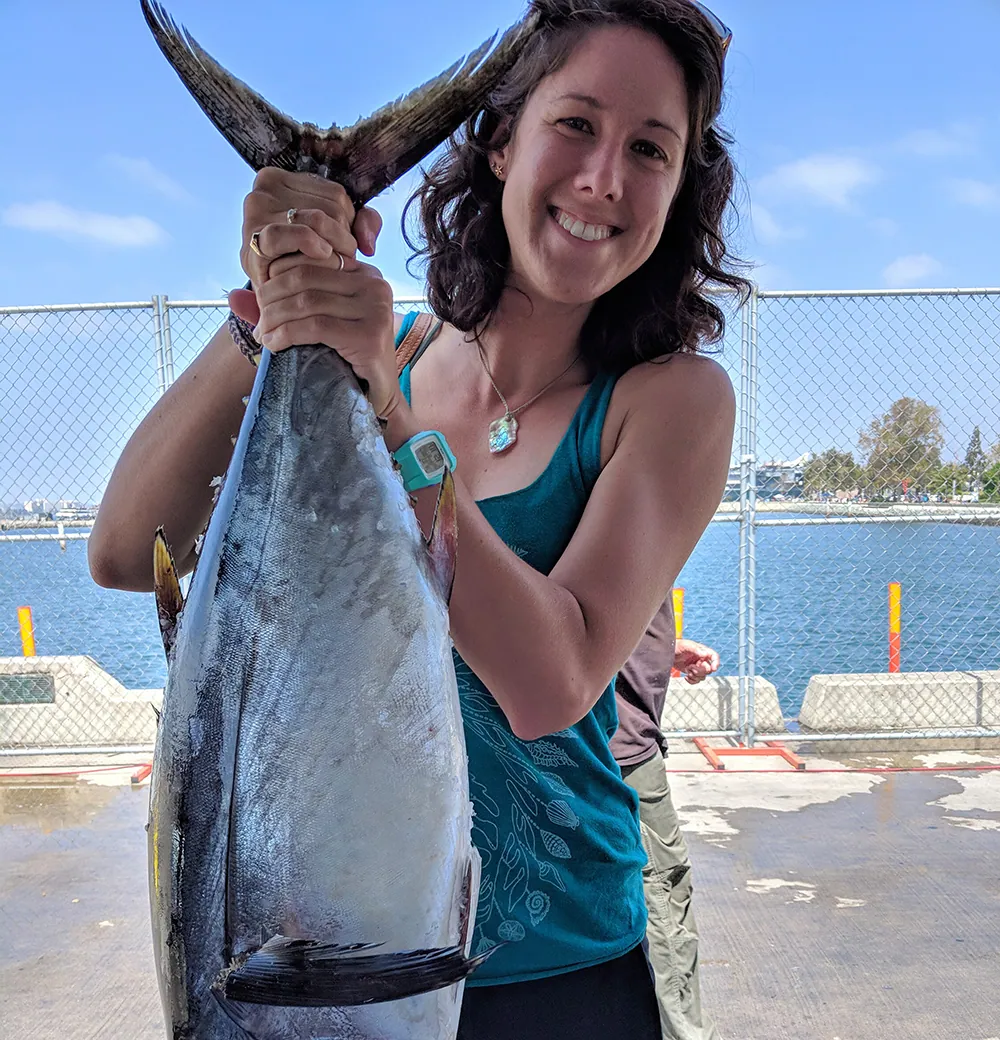If you’re confused by the barrage of budget terms in federal news these days—budget request, budget recission, budget reconciliation—you’re not alone. These processes may sound similar, but they carry very different meanings and consequences. Understanding them is essential if your work intersects with federal funding for ocean or science priorities.
Here’s your quick guide to each—and why it matters.
Budget Request
A presidential wish list, not a wallet.
Simple Analogy: A kid’s birthday wish list
Imagine a kid (aka, the President) writing their birthday wish list. They ask for a bike, a video game, and a puppy. The kid shares their wish list with the parents (aka Congress), who might get the bike, maybe the video game, and definitely not the puppy. Or maybe they have their own plans altogether.
The President’s Budget Request is a policy proposal, not actual funding.
It kicks off the annual appropriations process by outlining the administration’s priorities. Congress receives it, reviews it, and then makes its own decisions about how to fund the government—exercising its constitutional “power of the purse.”
On Friday, May 2, the Trump Administration released its FY26 “skinny” budget (a budget overview without many details) that included sweeping proposed cuts:
- EPA: cut by 54.5%
- NOAA: cut $1.3 billion in operations; $209 million in satellite funding
- NSF: cut 55.8%
- DOE: cut $15 billion via IIJA cancellations
It also proposes major funding increases for maritime infrastructure, shipbuilding, and Coast Guard, while eliminating some smaller agencies entirely such as the Marine Mammal Commission.
While we haven’t seen the full budget to get program-level funding proposals, we have seen a leaked “passback” memo that outlined detailed proposed cuts at NOAA. ICYMI, read our post.
The President’s request landed with skepticism from his own party. House Appropriations Chair Tom Cole (R-OK-04) reminded everyone that Congress makes the final call, while Senate Appropriations Chair Susan Collins (R-ME) voiced “serious objections.”
The budget request is just the beginning. Appropriations hearings are underway, and Members of Congress are submitting funding requests as we speak so Congress can draft and pass their FY26 spending bills.
Budget Rescissions
A presidential proposal to take money back—but only with Congress’ approval.
Simple analogy: A contractor asking to skip part of the project
Imagine you (Congress) hire a contractor (the President) to build a house. You provide your vision and enough money to complete the full project—kitchen, roof, plumbing, everything. Halfway through, the contractor goes back to you and says, “Hey, what if we skip the second bathroom and the roof and return the money instead?” You then have to decide: stick to your original plan, or approve the scaled-back version.
A budget rescission happens when the President formally asks Congress to cancel funding that has already been enacted into law.
Under the Impoundment Control Act (ICA), Congress has 45 legislative days to approve the request. More on rescissions and executive power here.
The Trump Administration is expected to send a rescissions package to Congress—likely targeting FY25 funds, which were enacted earlier this year at essentially flat levels from FY24. Passing a recissions request only requires a simple majority, meaning Republicans could pass these mid-year cuts without any support from Democrats. If requested and approved, these could codify the steep reductions previewed in the FY26 skinny budget and the leaked “passback” memo.
But this path is far from certain. Even under unified Republican control in 2018, Trump’s last rescissions package was narrowly rejected by the Senate.
A few legal and political considerations:
- Once submitted, funds are temporarily frozen while Congress considers the request
- If Congress doesn’t approve, those funds must be spent—and cannot be proposed for rescission again
- If the administration withholds funds beyond the legal window, it risks violating the ICA—a central issue in Trump’s first impeachment, when he withheld aid to Ukraine
- In the case of a breach of ICA, Congress could request a GAO ruling on whether the Executive Branch is illegally impounding funds, and harmed parties may have grounds to sue
Budget Reconciliation
A fast-track legislative tool to change budget-related laws.
Simple analogy: the household “free pass” rule
You and your partner (Democrats and Republicans in Congress) run your household together. Normally, big decisions—like remodeling the kitchen or cutting cable—require agreement from both of you. But you’ve agreed to a rule: once a year, one of you gets a free pass to make one unilateral decision about the household budget without needing the other’s approval.
There are conditions:
- It has to be about money—not chores, not decor, just spending or saving
- It can’t put the household into long-term debt
- Even if you hate what the other person does, as long as they follow the rules, you have to live with it
And yes—your free pass can be used to undo what your partner did the last time.
Budget reconciliation allows Congress to change tax and spending laws with a simple majority, avoiding the Senate filibuster.
It’s not part of the regular appropriations process—and is currently the legislative tool Republicans are using to push through Trump’s domestic agenda: tax cuts, deregulation, and clawing back unspent climate and infrastructure funds.
Read our reconciliation explainer for a background on how the process works.
No party is a monolith — it’s hard to get all Republicans onboard for such a massive bill. As of early May, House Republican leaders still haven’t finalized major elements, including tax rates, Medicaid cuts, and farm bill provisions. House Speaker Mike Johnson (R-LA-04) is caught between Trump’s demands and his own caucus’ divisions. And even if the House passes a bill, it will face procedural hurdles in the Senate—especially the Byrd Rule, which blocks provisions unrelated to direct budget impact.
Despite the chaos, key ocean-related committees have successfully advanced their portions of the budget reconciliation bill to the full House. Examples include increases for Coast Guard ships and harbor infrastructure, increases for oil and gas leases and other fossil fuel extraction on public lands, controversial permitting reform, and rescinding unobligated* climate and infrastructure funds.
*What Does “Unobligated” Actually Mean?
This term is crucial.
- Obligated funds = legally committed through contracts, grants, or agreements → cannot be rescinded without breaking the law
- Unobligated funds = not yet committed → vulnerable
For example, the House Natural Resources bill would rescind unobligated funds allocated to NOAA from Democrats’ Inflation Reduction Act. Based on public tracking by EDF and Columbia University, approximately $350 million of the original $2.6 billion coastal resilience fund is unobligated and could be rescinded (IRA Section 40001), and about $80 of the $200 million for NOAA facilities may remain unobligated (IRA Section 40002).
Bottom Line
Knowing the difference between a budget request, a rescission, and reconciliation could make or break your funding strategy. These aren’t just D.C. buzzwords—they’re mechanisms that determine whether programs you care about grow, survive, or disappear.
Now’s the time to track these developments—and act. If you’re not sure how to position your work in this turbulent landscape, that’s where we come in.
Reach out to us at ESP Advisors. We’ll help you navigate the noise—and get results. Email for a free consultation today: info@espadvisor.com.











